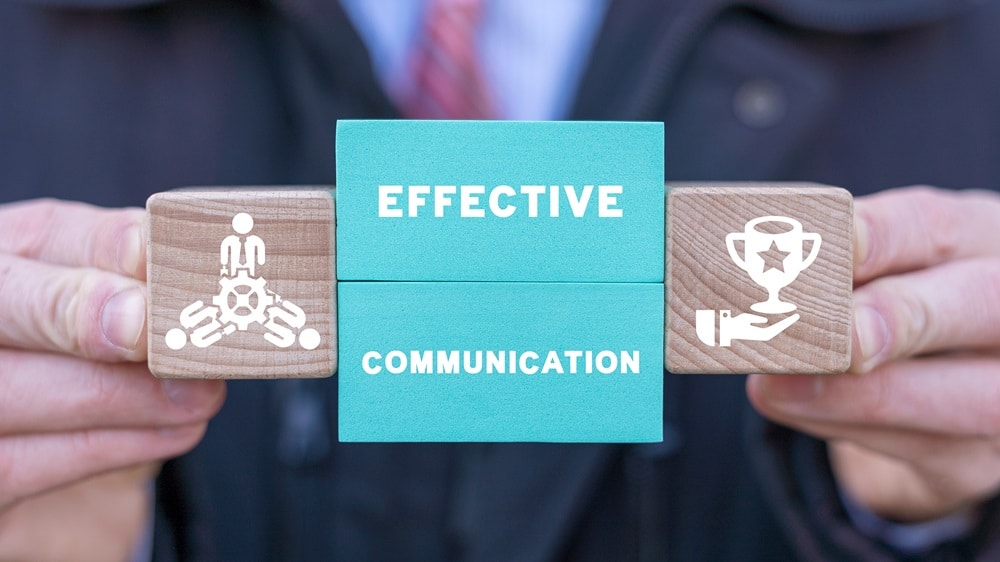
Effective communication is important for negotiation, persuasion, and relating to varying human behaviors. To succeed in the modern world, one requires the ability to listen while asking the right questions and come across as confident and credible.
Negotiation is an art and requires the delicate ability to influence and persuade others. Leaders must master this art to drive collaboration and innovation through effective communication. It helps leaders navigate through complex situations, manage budgets and resources, resolve conflicts, and align various stakeholders towards common goals.
Schedule a call with a Pragati Leadership expert to discuss how we can support your strategic objectives.
Schedule your CallPrinciples of Effective Negotiation
Here are some basic principles that are beneficial for leaders to negotiate with confidence and credibility:
- Being prepared
Thorough preparation is crucial for effective negotiations. Leaders must acquire all the relevant information, set their priorities, and determine clear objectives. This helps them to understand the dynamics and make informed decisions.
- Create rapport and trust
Creating a trusted environment builds rapport and encourages a more constructive and collaborative approach to negotiations. Leaders must demonstrate empathy, listen actively, and show respect to facilitate productive discussions and foster positive relationships.
- Focus on interests and not on positions
Successful negotiators do not focus only on their positions but also consider the underlying interests of all the parties. Understanding the concerns and motivations of every individual helps leaders identify common grounds and work towards achieving a mutually beneficial outcome.
- Willing to make concessions
Most negotiations require compromise and leaders must be willing to make concessions to reach an agreement. However, individuals must prioritize the concessions that are acceptable and ensure these compromises are in sync with the overall objectives.
- Stay adaptable and open-minded
Versatility is important for negotiations. Effective leaders are open to exploring new ideas and adjusting their approach based on the dynamics arising from the discussions. Adaptability ensures leaders can respond to challenges while capitalizing on any potential opportunities that arise during the negotiations.
Strategies to become an effective negotiator
Having understood the principles of negotiation, here are some strategies that can be learnt from an effective negotiation skills training program:
- Best Alternative to a Negotiated Agreement (BATNA)
Developed by experts Roger Fisher and William Ury, BATNA refers to the best course in case negotiations break down and an agreement cannot be reached. Before entering into the negotiation, knowing your BATNA helps you to understand the point when you can walk away and is a solid base for making an informed decision.
- Active Listening
This is an important component of negotiation skill training and helps leaders understand the concerns and perspectives of other people. By showing real empathy and interest, leaders can create a collaborative environment that is conducive to resolving problems and reaching an agreement.
- Anchoring Technique
Research shows that the anchoring technique determines the progress of the discussions during negotiations. It is a tactic wherein one party sets the initial conditions and terms. A well-rounded negotiation skill training program teaches participants how to establish a strong anchor to bring in more favorable outcomes. Leaders also understand how to keep their BATNA and aspirations in their minds in case the other party makes the first anchor.
- Multiple Equivalent Offers Simultaneously (MESOs)
The training workshop discusses how leaders can present several simultaneous offers. In case all these are rejected, you can ask the person to tell you the offer they liked best and the reasons. This can be used as a base to improve your offer or brainstorm with others to reach a mutual agreement. MESOs reduce the possibility of an impasse and promote creative solutions.
- Reciprocity
This principle suggests that individuals are likely to reciprocate when they receive something from others. During negotiations, reciprocity can be useful to encourage cooperation and mutual compromises. Leaders can create indebtedness by offering something useful to their counterparts, which can result in more favorable terms.
- Manage Emotions
Emotions play a significant role in negotiations and leaders need to stay calm and composed especially in challenging circumstances. Managing emotions and adhering to a level-headed approach ensures leaders make rational decisions preventing derailing the negotiation process.
Modern business is fierce and highly competitive and leaders need multiple strategies to gain a competitive advantage. Negotiation skills training can help leaders optimize discussions to ensure improved and mutually beneficial outcomes.
Level up your negotiation skills with Pragati Leadership! Elevate your abilities through our Successful Negotiation Skills Training Program. Enroll now!
Share on Social Channels
Our Categories
Categories
- Behaviorial (6)
- Blog (240)
- Coaching (8)
- Corporate Trainers (6)
- Developing Collaboration (12)
- Emotional Intelligence Training (11)
- Executive Leadership Program (26)
- First Time Manager Training (10)
- Inspirational Leadership (17)
- Inspiring and Successful Leadership Awards (16)
- Leadership Awards (37)
- Leadership Development (118)
- Leading Virtual Teams (6)
- Management Development (29)
- Marketing (2)
- Negotiation Skills Training (5)
- Organizational Transformation (24)
- Others (24)
- Stakeholder Management (3)
- Strategic Leadership Development Program (3)
- VUCA Leadership (2)
- Wholesome Leadership (23)
- Women Leadership (15)
Recent Insights
Aspiring to be seen as an effective leader? Learn about developing your executive presence (EP);...
Leaders can no longer rely on outdated command-and-control approaches. Looking ahead, we envision a future...
Having a strong leadership pipeline is more important in today’s dynamic environment than ever before....
Congratulations! You have been promoted to a managerial position. This promotion is most likely the...
Leaders in today’s dynamic and fast-paced world need more than technical skills, strategic thinking, and...
